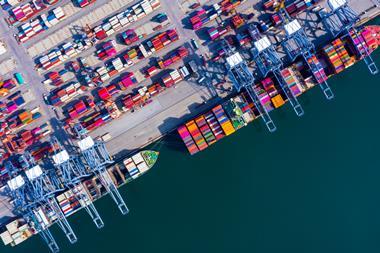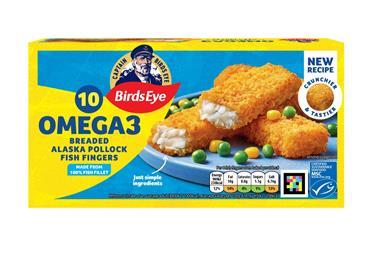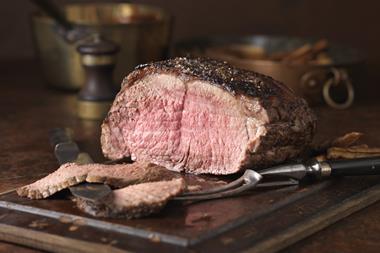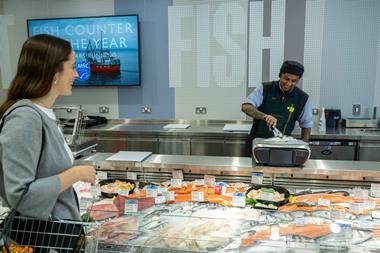There will not be a further collapse in salmon prices, even though the price of fishmeal - a key input cost - has plummeted by 25% since the beginning of the year, producers have insisted.
Wholesale salmon prices have fallen sharply over the past year, thanks largely to a recovery in Chilean salmon production, which suffered a disease outbreak in 2007. Between March 2011 and March 2012, wholesale salmon prices dropped by 32.4% to £2.98 per kg, as greater volumes out of Chile boosted global supplies [Norway’s Fish Pool Index].
Now, the wholesale price of fishmeal - which typically accounts for about 50% of total salmon production costs - has fallen 25% to £820.69 per tonne between January and the end of March [World Bank].
When it comes to cocoa, the only way is down at the moment. Powder, beans and butter are showing year-onyear price drops of as much as 46%, and all have continued to fall – albeit less dramatically – over the past month.
Prices are continuing to tumble from the record highs seen in 2011 as the market expects bumper crops in Ghana and Ivory Coast. Ivorian prices have also taken a hit after quality concerns were reported, dampening buyers’ appetite for beans from the country.
At the other end of the spectrum, high crude prices continue to underpin price rises in plastics, with LDPE lm our top riser this week, up 7.4% month-on-month, and HDPE up 6.6% over the past month and 6.1% year-on-year.
Once again, fingers are being pointed at Chile to explain why prices have come down recently - an earthquake in Chile in February 2010 disrupted fishmeal production for about a year, but supply has now returned back to normal, causing fishmeal prices to plummet.
However, salmon producers have warned the fall is unlikely to lead to further falls in salmon prices. Basic supply and demand dynamics between the four main salmon-producing countries - Chile, Norway, Scotland and Canada - would have a far greater impact on prices than fishmeal, said Mark Warrington, MD of salmon producer the Meridian Salmon Group, which supplies the mults. “These countries are competing for much of the same business, and this will have more bearing on the price of salmon than the price of the raw materials,” he said.
Higher fishmeal prices in the past had only had a “reasonably minimal” impact on suppliers such as Meridian, which had been able to mitigate price increases through good buying policies and currency hedging, Warrington added.



















No comments yet